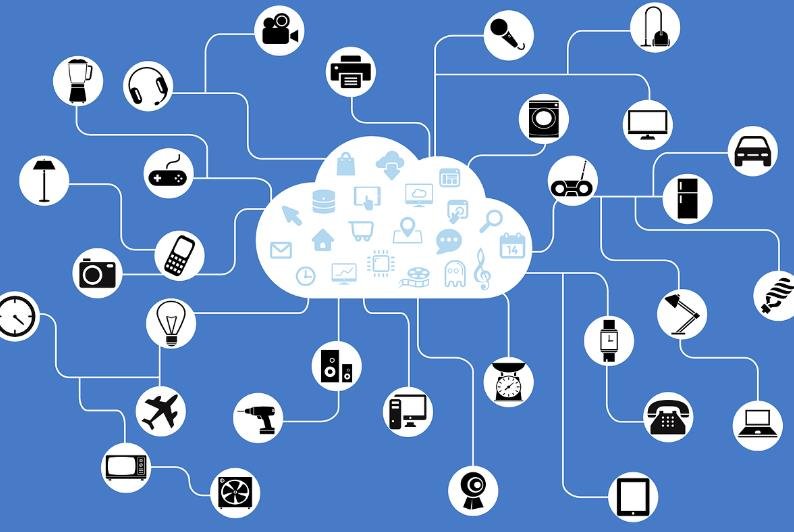Free internet access should be a human right, a new study has said. It comes as a world without the internet was described as “unthinkable” because so much of daily life depends on it. Dr. Merten Reglitz, associate professor of philosophy at the University of Birmingham, has published a book of his research on the issue.
The Imperative of Internet Accessibility
Dr. Reglitz’s research culminates in a draft article declaring internet access a human right. He argues that everyone should be able to freely access the internet without “arbitrary interferences by any other party.” Governments, according to him, must provide access of sufficient quality and ensure users are protected from censorship, surveillance, and private companies harvesting data.
“For most of us, a world without internet access is just unthinkable,” Dr. Reglitz said.
It’s not just about connecting people to information; it’s about ensuring equal opportunities in education, employment, and participation in society. Without internet access, individuals are left behind in an increasingly digital world.

The Global Impact of Declaring Internet a Right
Imagine a day without the internet. No online banking, no social media, no streaming services. For many, this scenario feels impossible. The reliance on the internet spans across various sectors, making its absence a significant disruption.
- Education: Students rely on online resources and virtual classrooms.
- Healthcare: Telemedicine has become crucial, especially highlighted during the pandemic.
- Economy: E-commerce and digital marketing drive modern business strategies.
- Communication: Staying connected with family and friends across the globe is now effortless.
Statistical Insights
| Sector | Impact of Internet Access |
|---|---|
| Education | 80% of schools incorporate digital tools in learning |
| Healthcare | 60% of consultations now happen online |
| Economy | 70% of businesses utilize e-commerce platforms |
| Communication | 90% of individuals use social media daily |
These numbers underscore the internet’s role as a backbone for various aspects of daily life. Dr. Reglitz emphasizes that recognizing internet access as a human right is crucial for maintaining societal functions.
Challenges to Implementing Universal Internet Access
While the idea is compelling, implementing universal internet access comes with its set of challenges. Infrastructure development in remote areas is costly and time-consuming. Additionally, ensuring that the internet is free from censorship and surveillance requires robust legal frameworks.
“It’s not just about laying cables or building towers,” Dr. Reglitz noted. “It’s about creating an environment where the internet remains a free and open platform for everyone.”
Moreover, there’s the issue of affordability. Even if access is available, the cost can be prohibitive for many individuals, especially in developing countries. Addressing this requires innovative solutions and international cooperation.
The Role of Governments and Private Sector
Governments play a pivotal role in making internet access a reality for all. They need to invest in infrastructure and create policies that protect users’ rights online. On the other hand, the private sector must collaborate by providing affordable services and avoiding exploitative practices.
- Governments:
- Invest in digital infrastructure
- Enforce data protection laws
- Promote digital literacy programs
- Private Sector:
- Offer affordable internet plans
- Ensure transparency in data usage
- Support community internet initiatives
Balancing these responsibilities is essential for achieving the goal of universal internet access.
Public Reaction and Future Prospects
The study has sparked conversations worldwide. Many agree that the internet is indispensable, but opinions vary on how best to implement it as a human right. Some advocate for government-led initiatives, while others believe in a public-private partnership approach.
Dr. Reglitz is optimistic. “There’s a growing recognition of the internet’s importance. With the right strategies, we can make universal access a reality.”
As societies become more digital, the push for recognizing internet access as a fundamental right is likely to gain momentum. The ongoing debate highlights the need for collective action to ensure that everyone benefits from the digital revolution.







